Abortion Myths vs. Facts: Separating Fiction from Reality
There is no doubt that abortion is a sensitive topic that generates a lot of misinformation and misconceptions. However, discussions on it have been continuous over the ages. In order to have informed discussions and make well-grounded decisions, it is essential to separate myth from fact.
Let’s take a look at common abortion myths and present the factual information surrounding this complex issue. By understanding the realities of abortion center in Los Angeles, we can fuel up individual choices and reproductive rights on a factual basis rather than following myths.
Myths And Facts You Should Know…

Myth1: You can only get a medical abortion in a hospital
Fact 1: Actually, you can start the process of medical abortion in California, like your regular doctor (GP) or a local sexual and reproductive health service. These professionals can prescribe the necessary medications. Especially, you don’t have to take the tablets in a hospital – it’s safe to take them at home. The initial consultation and the early stages of medical abortion can happen in more accessible and familiar settings.
Myth2: Abortion is unsafe and harmful to women’s health
Fact 2: Legal and safe abortion procedures are performed by trained healthcare professionals in regulated medical settings. Abortion is one of the safest medical procedures available, with a lower risk of complications compared to childbirth. The risk of complications increases when abortion is performed under unsafe conditions or by unqualified providers. Access to safe and legal abortion is vital to protect women’s health and well-being.
Myth 3: Abortion causes long-term psychological trauma
Fact 3: The idea that abortion leads to long-term psychological trauma is not supported by scientific evidence. Studies have consistently shown that the majority of women who have abortions do not experience negative psychological effects. Factors such as pre-existing mental health conditions and social support systems play a more significant role in a person’s emotional well-being after an abortion.
Myth 4: Can feel pain in the fetus during an abortion
Fact 4: As per scientific consent, the ability to perceive pain in fetuses does not develop until late in pregnancy, typically around the third trimester. Abortion procedures are typically performed in the first trimester when fetal pain perception is not present.
Myth 5: Some people believe that having an abortion can make it harder to have a baby later on

Fact 5: If you choose a medical abortion, it doesn’t affect your chances of getting pregnant later. Even with surgical abortions, fertility issues are very uncommon, and if they do happen, they can often be treated.
Furthermore, there’s no proof that having an abortion makes you more likely to experience a miscarriage, ectopic pregnancy, have a baby with low birth weight, or be born too early. So, it’s essential to know that your ability to have a baby in the future is generally not affected by having an abortion.
Myth 6: Women use abortion as a form of gender selection
Fact 6: The notion that women use abortion to select the gender of their child is unfounded. In countries where sex-selective abortions occur, they are driven by cultural and social factors that prioritize male offspring. However, such cases are not representative of the majority of abortions, which are sought for various personal reasons unrelated to gender preference.
Myth 7: Adoption is always a viable alternative to abortion
Fact 7: Adoption is a personal choice, but it may not be a viable or desired option for everyone. Pregnancy and childbirth entail physical, emotional, and financial considerations that individuals must carefully evaluate. Choosing adoption requires additional emotional involvement and may not be the right decision for everyone facing an unplanned pregnancy.
Final Thoughts
In order to have meaningful discussions about abortion, it is crucial to separate myths from facts. Abortion is a complex issue that deserves accurate information and respectful dialogue. By dispelling misconceptions, we can foster a more compassionate and understanding society that upholds reproductive rights and supports individuals in making informed decisions about their bodies and futures.
Besides, it is important to rely on credible sources and scientific evidence when engaging in conversations about abortion. The experts of Her Smart Choice ensure that personal choices are respected and that access to secure and legal abortion remains available to those who need it.

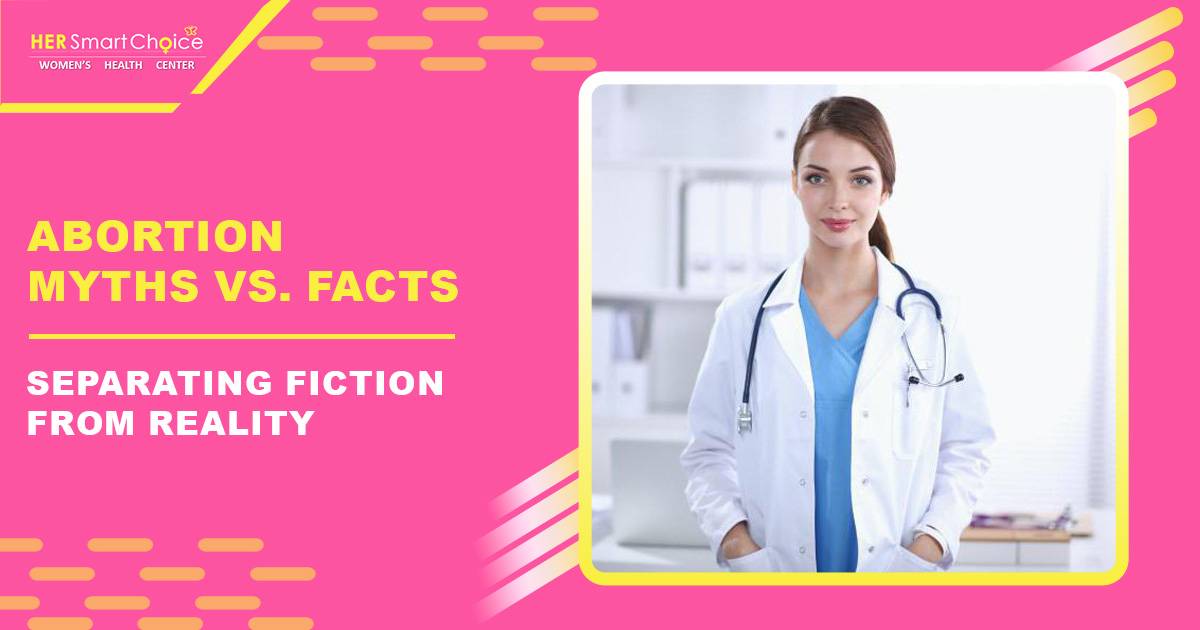

 Before discussing the intersection of abortion and LGBTQ+ individuals, it is crucial to understand the diverse experiences within the LGBTQ+ community. Sexual orientation, gender identity, and personal circumstances can all influence an individual’s reproductive choices. LGBTQ+ individuals may face additional barriers and considerations when seeking
Before discussing the intersection of abortion and LGBTQ+ individuals, it is crucial to understand the diverse experiences within the LGBTQ+ community. Sexual orientation, gender identity, and personal circumstances can all influence an individual’s reproductive choices. LGBTQ+ individuals may face additional barriers and considerations when seeking 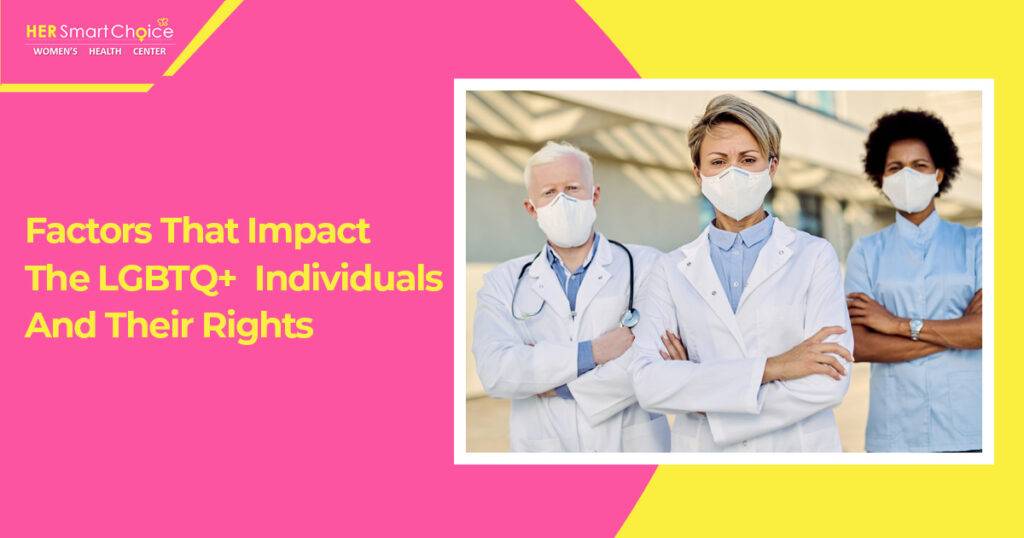 The legal landscape surrounding reproductive rights and LGBTQ+ rights varies across different countries and regions. Some jurisdictions have protective laws in place that safeguard the rights of LGBTQ+ individuals to make decisions regarding their reproductive health, including access to safe and legal abortion services. However, in other areas, discriminatory laws and policies can create additional hurdles for LGBTQ+ individuals seeking abortion care. Understanding these legal dynamics is crucial in advocating for comprehensive reproductive rights for all.
The legal landscape surrounding reproductive rights and LGBTQ+ rights varies across different countries and regions. Some jurisdictions have protective laws in place that safeguard the rights of LGBTQ+ individuals to make decisions regarding their reproductive health, including access to safe and legal abortion services. However, in other areas, discriminatory laws and policies can create additional hurdles for LGBTQ+ individuals seeking abortion care. Understanding these legal dynamics is crucial in advocating for comprehensive reproductive rights for all. 
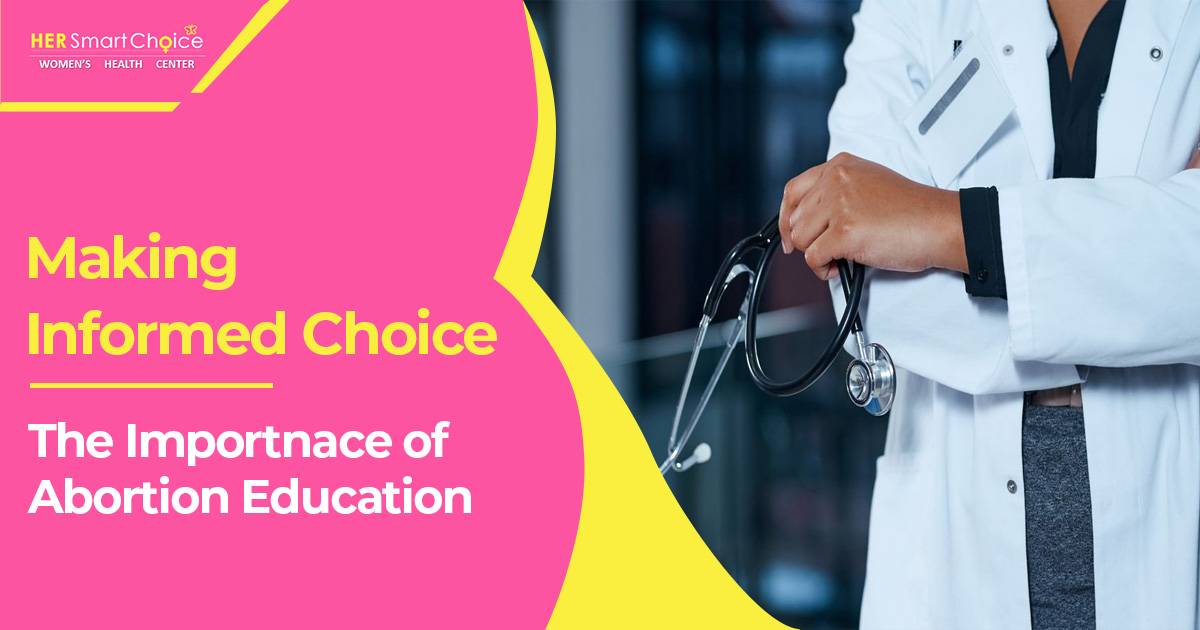
 In the present time, it is essential to have a knowledge of every aspect of
In the present time, it is essential to have a knowledge of every aspect of  Access to Information:
Access to Information: 
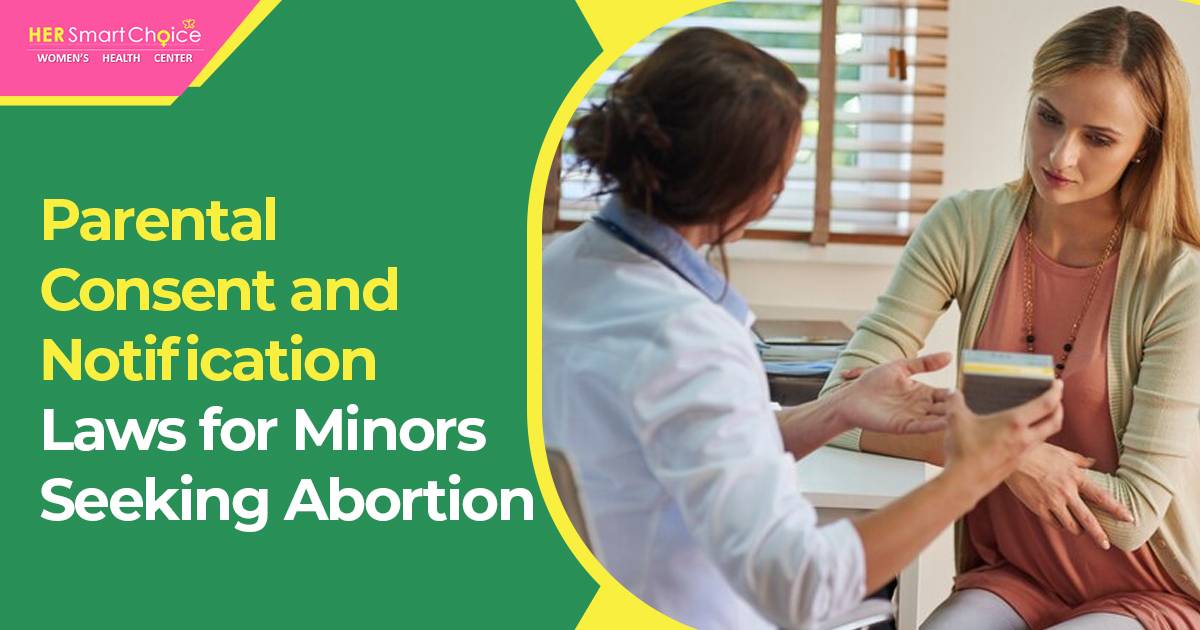

 Parental consent and notification laws have significant implications, both intended and unintended. Supporters believe these laws foster responsible family engagement and protect the well-being of minors. However, critics argue that they can sometimes be barriers to timely abortion access and may put minors at risk when their circumstances prevent parental involvement.
Parental consent and notification laws have significant implications, both intended and unintended. Supporters believe these laws foster responsible family engagement and protect the well-being of minors. However, critics argue that they can sometimes be barriers to timely abortion access and may put minors at risk when their circumstances prevent parental involvement.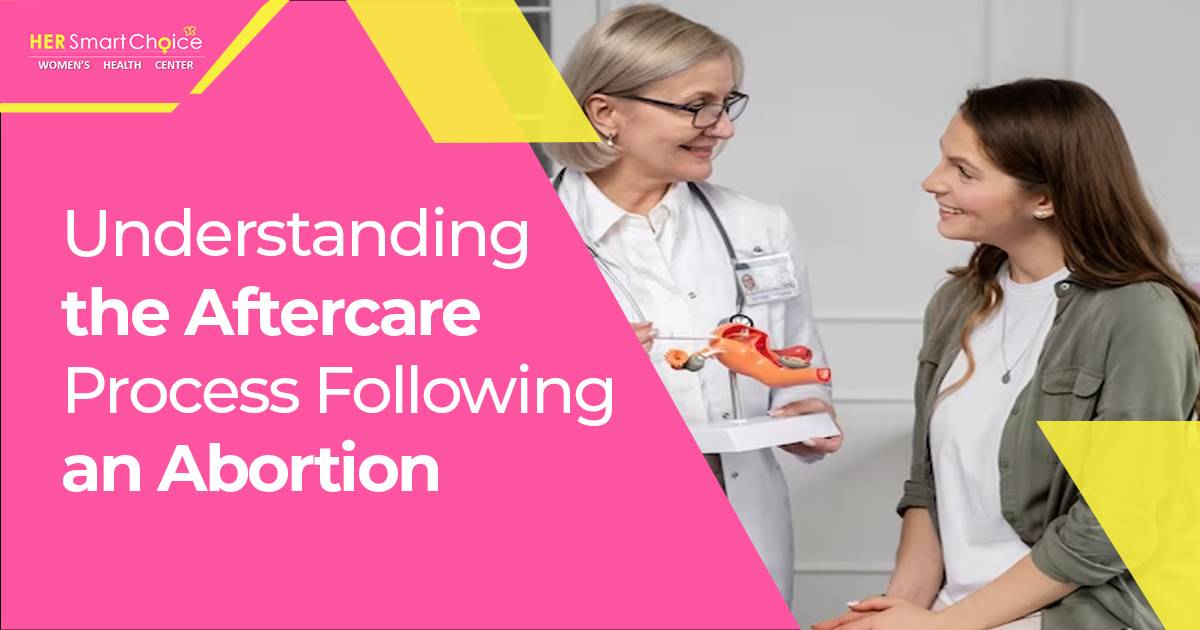





 You may be aware that abortion offers two options in which medical procedures are one of the finest options to end a pregnancy. Well, you can select different types of abortions that are available, and the choice depends on various factors, such as health, environment, etc.
You may be aware that abortion offers two options in which medical procedures are one of the finest options to end a pregnancy. Well, you can select different types of abortions that are available, and the choice depends on various factors, such as health, environment, etc.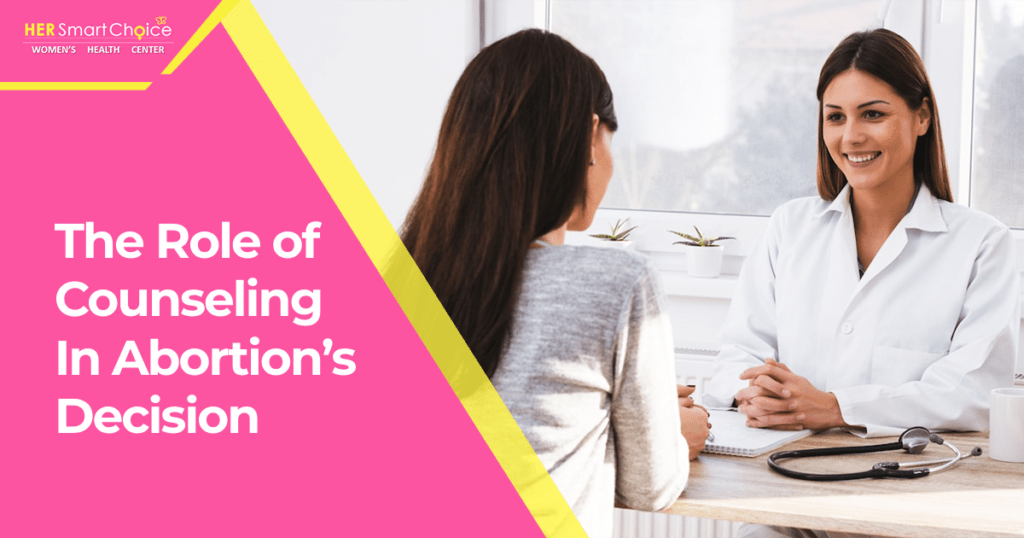 The counselors at this
The counselors at this 
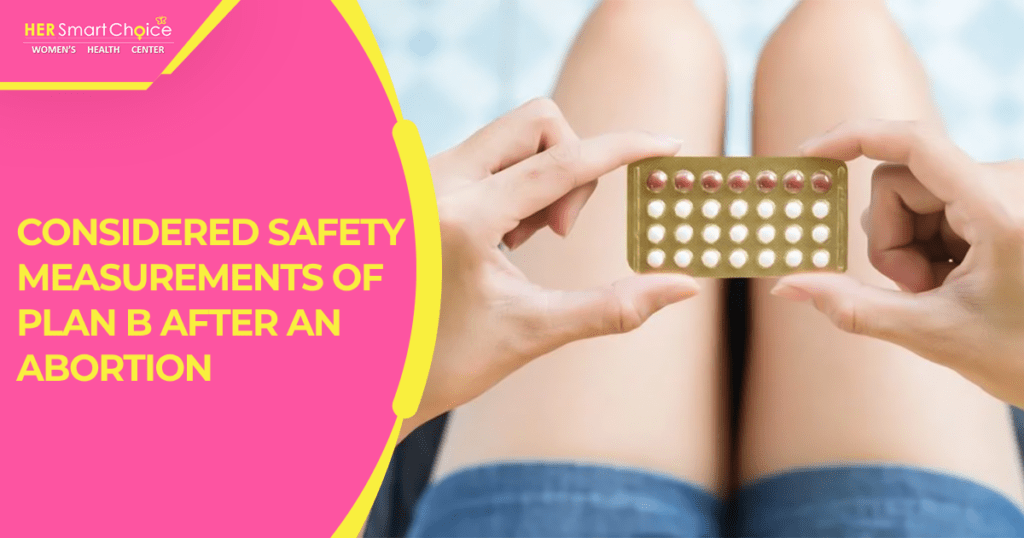 Now, let’s address the main question: Is it safe to take Plan B after an abortion? The answer is generally yes, but there are a few important considerations that you need to know:
Now, let’s address the main question: Is it safe to take Plan B after an abortion? The answer is generally yes, but there are a few important considerations that you need to know:

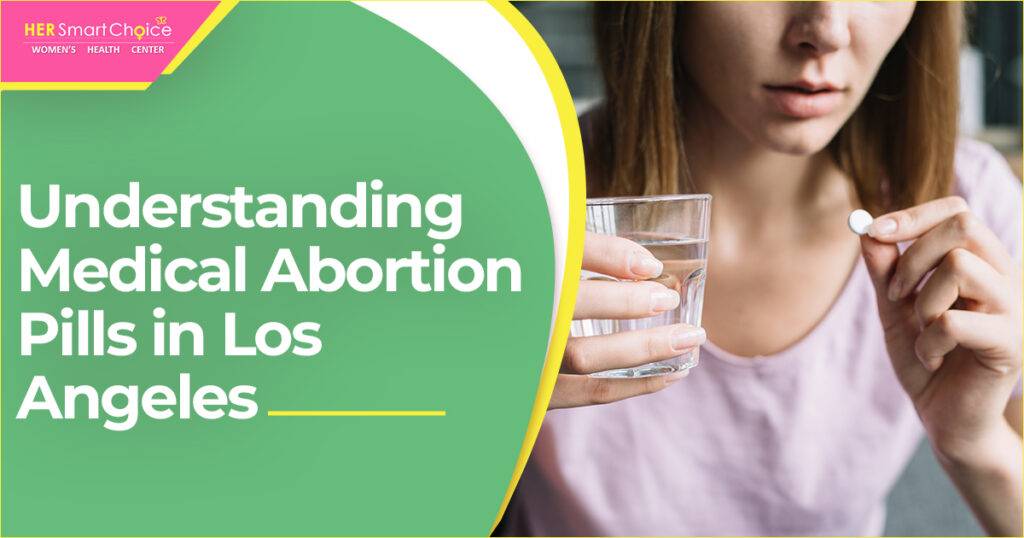


 In California,
In California,  Full-term abortion refers to the termination of a pregnancy at or near the point of fetal viability, which is generally considered to be around 24 weeks or later. In California, full-term abortions are only permitted in cases where the mother’s life or health is at risk, or if there is a severe fetal anomaly that would significantly impact the baby’s quality of life. These decisions are made on a case-by-case basis and require careful medical evaluation and consultation.
Full-term abortion refers to the termination of a pregnancy at or near the point of fetal viability, which is generally considered to be around 24 weeks or later. In California, full-term abortions are only permitted in cases where the mother’s life or health is at risk, or if there is a severe fetal anomaly that would significantly impact the baby’s quality of life. These decisions are made on a case-by-case basis and require careful medical evaluation and consultation.